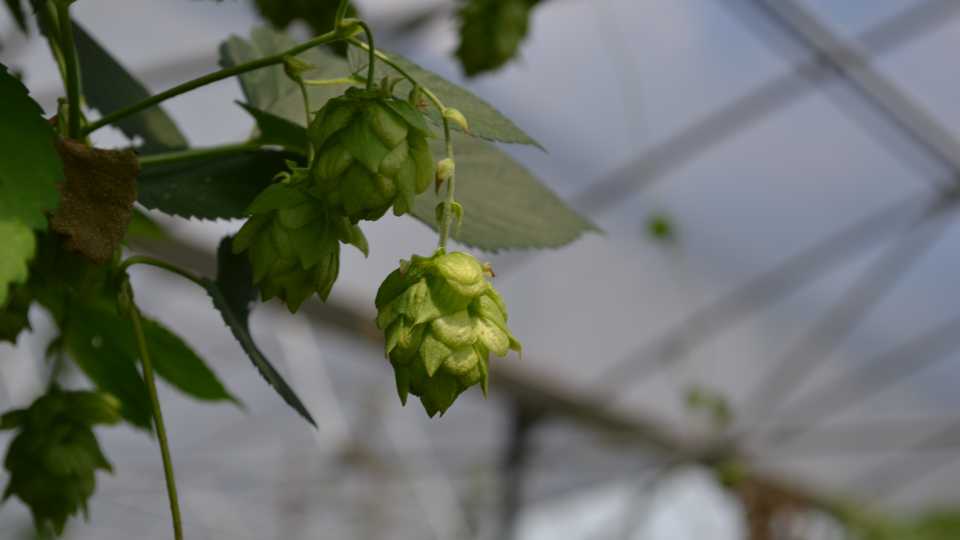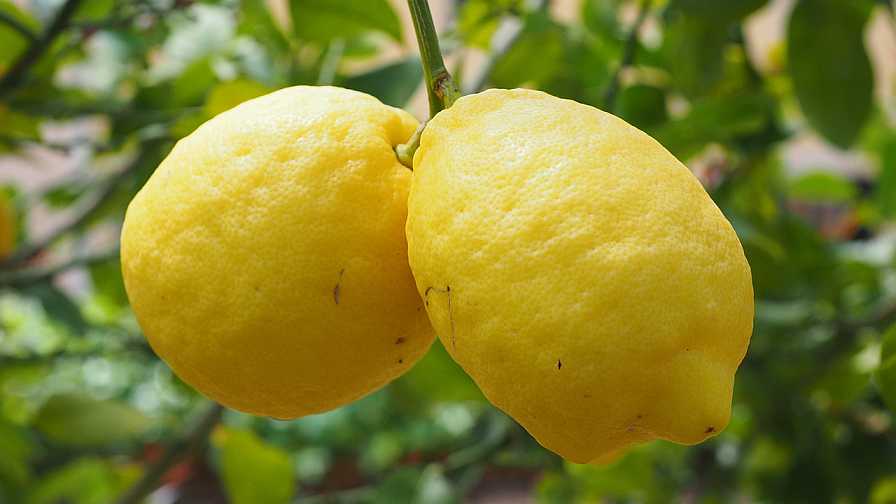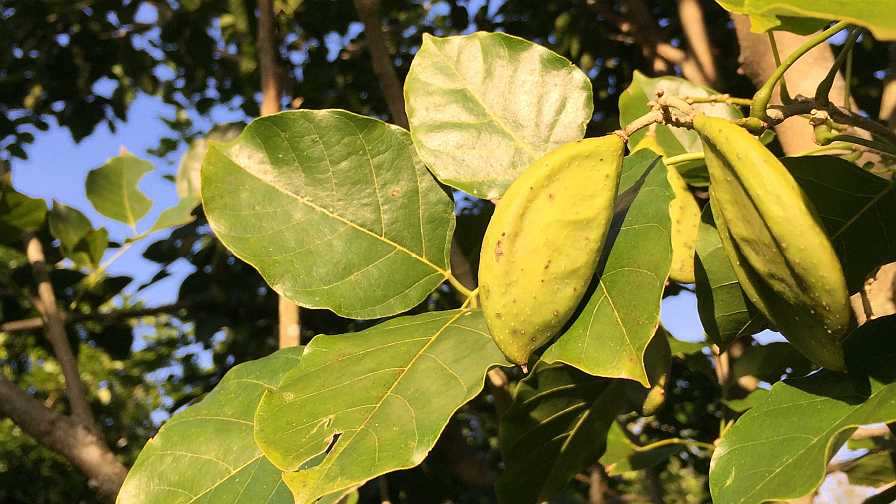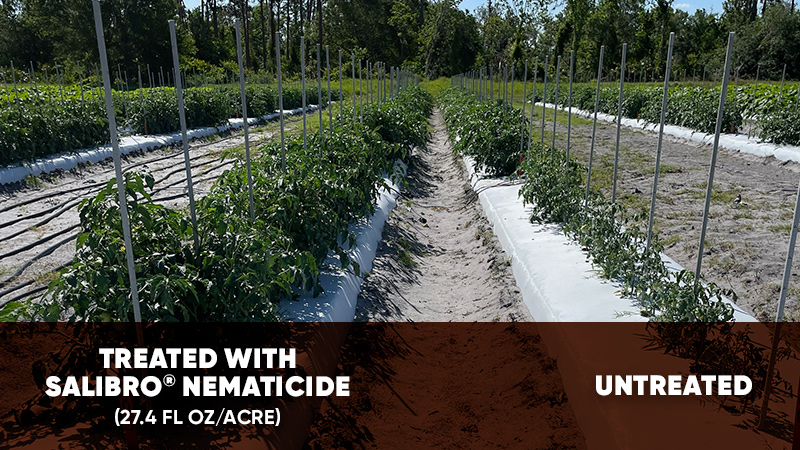Go for the Win by Growing What You Love

Cheers to hops, 2018’s ‘Herb of the Year,’ according to the International Herb Association.
Photo by Paul Rusnak
May I get a drum roll, please? In the category recognizing 2018’s Herb of the Year, the honor goes to … hops! Hops, really? Yes, the International Herb Association (IHA) has chosen to give a nod to the ingredient that gives beer its unique identity. Scanning the list of past winners that date back to 1995, this year’s honoree certainly stands out.
Perhaps the Jacksonville, FL-based association recognizes what kind of impact the craft beer industry is having on the state’s economy, as well as the potential hops have as an alternative crop star for ambitious local growers.
According to the IHA, its Horticultural Committee evaluates possible Herb of the Year choices based on them being outstanding in at least two of the three major categories: culinary, decorative, or medicinal.
While I don’t necessarily think of hops as an herb, the honor has merit given the criteria. Hops are culinary — in a liquid sense. Cheers to that. They can appear rather decorative, looking like ornaments dangling from a 20-foot trellis. But medicinal? Sure. You can check that box, too. The compounds within the cones do possess health benefits.
Amid the glitz of awards season where works of audio and visual art and the artists that bring them to life are lauded (Grammys, Oscars, etc.), why not shine a light on standout crops and those that produce them?

Lemons are making a comeback in the Sunshine State.
Celebrate Citrus
The growing lineup of new-and-improved orange, tangerine, and grapefruit varieties coming from the groves of UF/IFAS and USDA is impressive. Selections featuring superior taste, fewer seeds, easier peel, and tolerance to greening make each a solid contender.
But, for this year, maybe a lemon should get the gold. The acidic fruit is gaining renewed interest in Florida due not only to disease tolerance, but especially to market value. Lemon oil is in high demand for its healthy attributes.
There were more than a few attendees taking notes during the recent Florida Citrus Show when University of Arizona researcher Glenn Wright took the stage to talk about the viability of lemon production in the Sunshine State. Care to squeeze in a few acres? For an industry seeking to maintain a foothold, there should be room to spare.

You might want to put pongamia on your bucket list of alternative crops to consider. Photo by Peter McClure
Best New Performer?
If there was a prize for a plant with most potential, the case could be made for pongamia. The age-old tree that produces seed similar to soybeans is piquing interest among growers seeking to power their portfolio with something different. At first glance, pongamia appears to be a proper fit for Florida’s climate; and geared to help meet emerging needs for biofuel resources.
Will it take root? It’s too early to tell. But I’m not going to rule out what could be a future winner.
Winning doesn’t come without risk. Kudos to growers and scientists who continue to roll the dice. In the end, we all reap the rewards.









